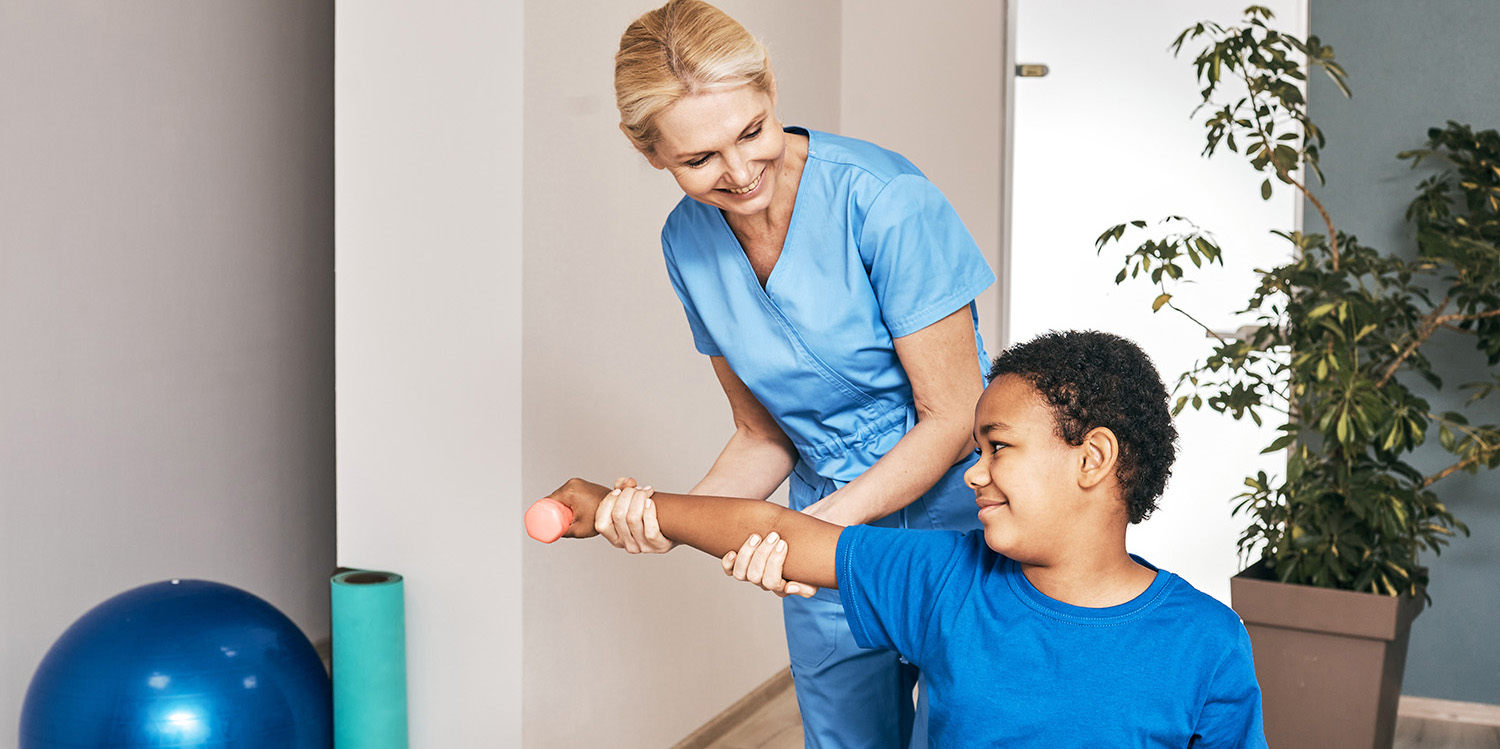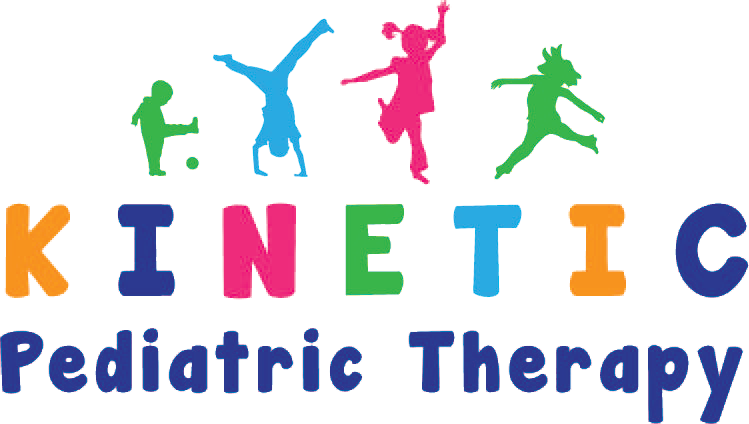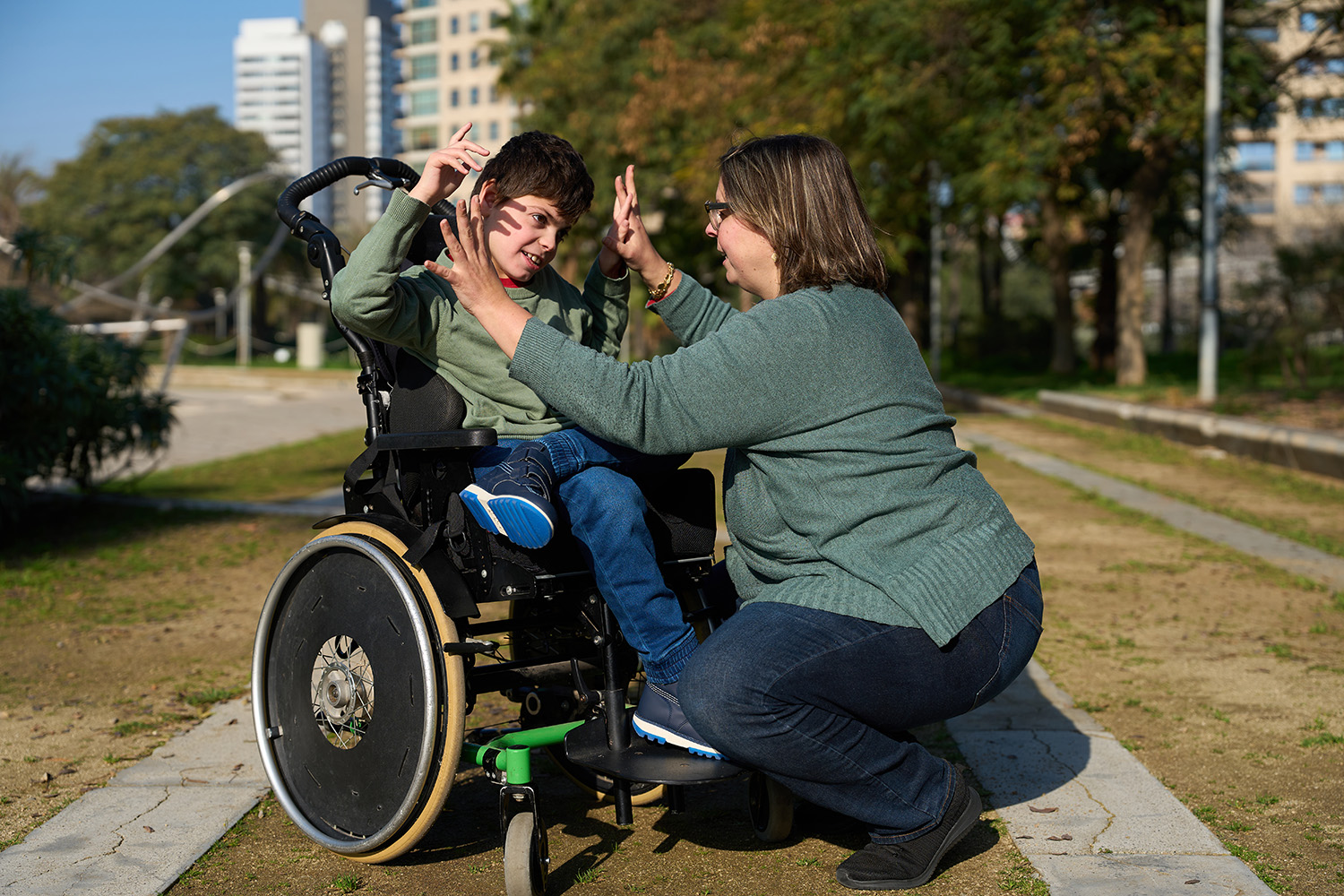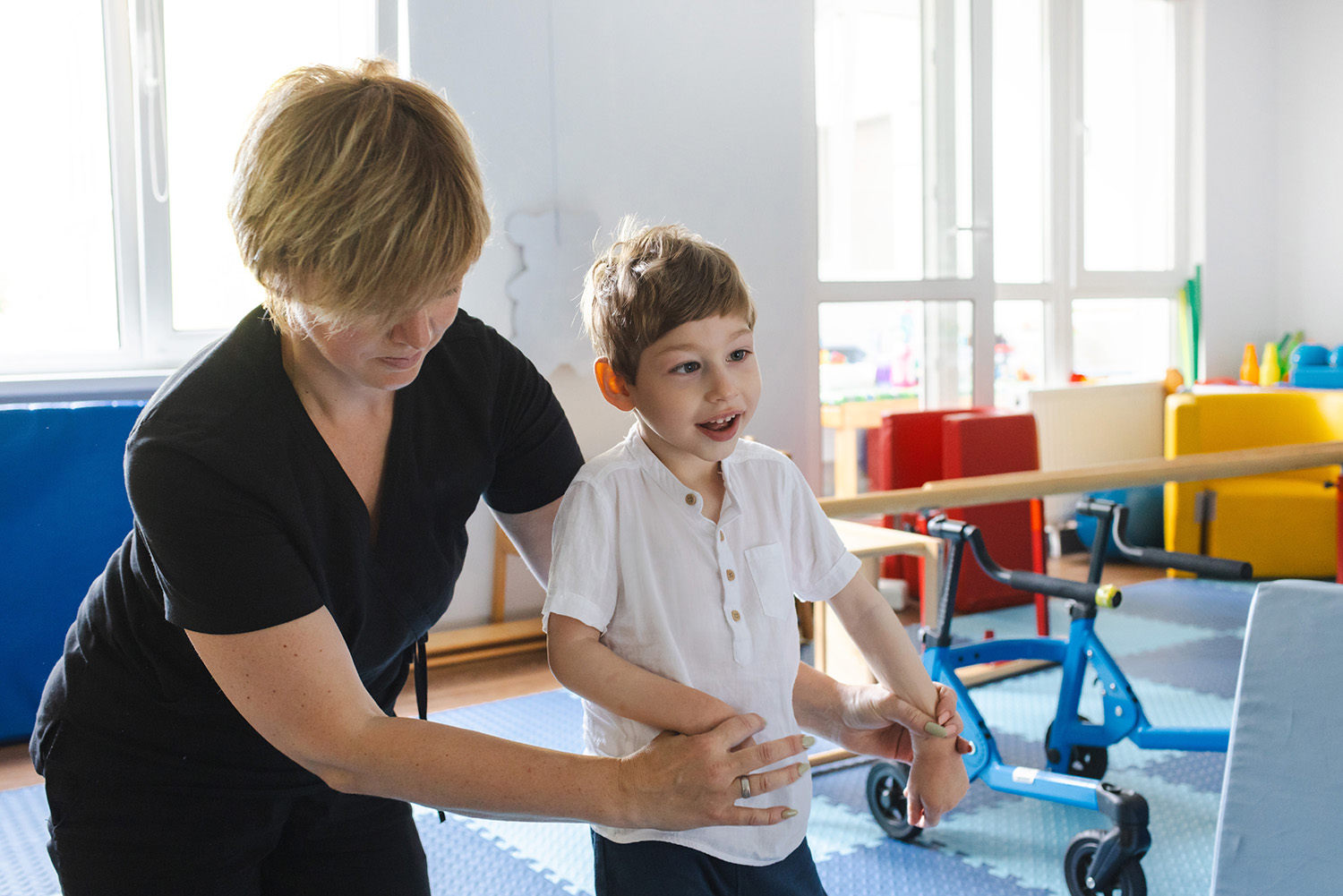
Physical Therapy Training to Support Daily Student Needs: Empowering Paraeducators
Physical Therapy Training is a critical component in empowering paraeducators to confidently and competently support students with physical challenges throughout the school day. Paraeducators often work closely with students who have mobility impairments, neuromuscular conditions, or physical disabilities, assisting with tasks like transferring, positioning, and navigating the school environment. However, without proper training, these responsibilities can be overwhelming and potentially unsafe for both the student and the staff member. Contract physical therapists play a vital role in bridging this gap, offering practical, hands-on training that ensures safe, supportive, and effective assistance aligned with each student’s needs.
The Role of Paraeducators in School-Based Support
Paraeducators are essential members of a student’s support team. They assist with classroom participation, mobility, self-care tasks, and transitions throughout the day. For students who receive school-based physical therapy, paraeducators often serve as the primary implementers of physical support strategies between therapy sessions. Without proper physical therapy training, they may unintentionally use techniques that compromise safety, cause injury, or fail to support the child’s therapeutic goals. Training ensures paraeducators have the knowledge and confidence to carry out their responsibilities safely and effectively.
Physical Therapy Training for Paraeducators: A Foundation for Student Success
Effective physical therapy training helps paraeducators understand not only how to assist students but why each movement, position, or support technique is important. Contract physical therapists provide training sessions tailored to the specific needs of the students they serve. This might include instruction on body mechanics, safe lifting techniques, proper use of mobility aids, and how to recognize signs of fatigue or discomfort in students. With proper training, paraeducators become confident, capable partners in promoting student independence and classroom inclusion.
How Physical Therapy Training Improves Student Safety and Comfort
When paraeducators receive high-quality physical therapy training, the result is a safer environment for everyone involved. A contract physical therapist teaches paraeducators how to assist with transfers—such as helping a student move from a wheelchair to a classroom chair or from a standing position to a mat—using techniques that protect both the student and the assistant. The training also covers proper positioning in chairs, during floor time, or while using adaptive equipment. These techniques help prevent pressure sores, muscle strain, and postural deformities, contributing to the student’s long-term health and comfort.
Integrating Therapy Goals into Daily Routines
Another benefit of physical therapy training is that paraeducators learn how to integrate therapy goals into natural school routines. Rather than waiting for a designated therapy session, paraeducators can reinforce skills like weight shifting, standing tolerance, or stair climbing during transitions between classes or activities. A contract physical therapist guides them on how to provide just the right amount of support—promoting independence while ensuring safety. This consistent reinforcement can accelerate progress and create a more cohesive support system for the student.
Supporting Student Dignity and Emotional Well-Being
Students with physical disabilities often require assistance with personal and sensitive tasks. Physical therapy training equips paraeducators to provide this support in a respectful, discreet, and dignified manner. A well-trained paraeducator can help a student feel more confident and secure in the classroom, reducing feelings of embarrassment or frustration. Through the training provided by a contract physical therapist, paraeducators also learn how to encourage student participation and independence in a way that is empowering rather than limiting.
Training on Adaptive Equipment Use and Maintenance
Students with physical needs may rely on a variety of adaptive tools—such as walkers, gait trainers, standers, or specialized seating systems. Physical therapy training ensures paraeducators understand how to use these tools safely and effectively. Contract physical therapists demonstrate how to properly fit, adjust, and maintain the equipment, reducing the risk of misuse or damage. They also provide guidelines on when and how to report equipment issues, ensuring students continue to receive the support they need without interruption.
Building Collaborative Communication with the Therapy Team
A strong connection between paraeducators and the school-based therapy team is essential. Through physical therapy training, paraeducators learn how to document observations, communicate concerns, and provide feedback to the physical therapist. This collaboration allows therapists to adjust interventions based on daily observations and ensure that therapy strategies are being carried out consistently. It also helps identify potential issues early, before they become significant challenges for the student.
Reducing Staff Injury and Burnout
Paraeducators often face physical demands in their roles, including lifting, repositioning, and assisting with mobility. Without training, these tasks can lead to back strain, joint injuries, or chronic fatigue. Physical therapy training provided by contract physical therapists includes body mechanics and safe handling techniques that protect staff health. By reducing the risk of injury and improving confidence, this training contributes to lower staff turnover and a more positive, sustainable working environment.
Enhancing Inclusion Across School Settings
With proper physical therapy training, paraeducators are better prepared to support students during recess, physical education, field trips, and assemblies—ensuring full participation in all aspects of school life. A contract physical therapist may even provide on-site coaching during these activities, reinforcing skills in real-world settings. When paraeducators are well-prepared, students experience fewer barriers and greater opportunities to interact, play, and learn alongside their peers.
The Transformative Power of Physical Therapy Training for Paraeducators
Physical therapy training is more than just a professional development activity—it is a transformative tool that empowers paraeducators, protects student safety, and enhances the quality of school-based support. Contract physical therapists play a vital role in delivering this training, providing hands-on, relevant instruction that aligns with each student’s unique needs. When paraeducators are equipped with the right skills and knowledge, they become confident, effective partners in delivering inclusive education and promoting student independence. For schools committed to excellence in special education, investing in physical therapy training is a powerful step toward building a more supportive and inclusive learning environment.
🏃♂️ Help your students reach their full potential with expert Pediatric Physical Therapy! Kinetic Pediatric Contract Therapy offers tailored physical therapy services to schools across North Carolina, helping children improve their strength, mobility, and coordination. Our dedicated therapists work one-on-one with students to ensure they have the tools they need to succeed both in the classroom and in life. 🌟 Empower your students with the support they deserve—bring our Pediatric Physical Therapy services to your school today and promote their physical well-being and growth!
Please Share




